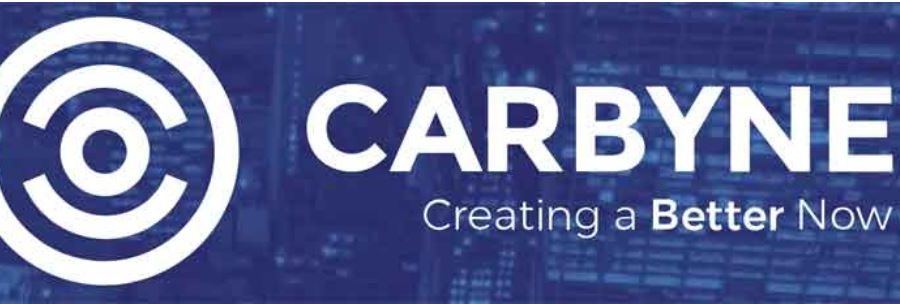Mark43 partners with Carbyne to bring cloud-based call-handling, dispatching package to 911 sector
Cloud-based computer-aided-dispatch (CAD) vendor Mark43 today announced a partnership with Carbyne—a cloud-based, call-handling platform provider—to integrate their solutions into what the companies describe as the “first entirely cloud-based incident-response system in the U.S.”
Officials for both companies cited the complementary nature of the partnership, noting that both Mark43 and Carbyne share a vision that public-safety answering points (PSAPs) can benefit from the efficiencies and flexibilities that are enabled by cloud-based solutions for both CAD and call-taking.
Matthew Polega, Mark43’s co-founder and vice president of operations, said the advantages of cloud-based solutions are especially evident when an incident requires a PSAP to evacuate its physical facility.
“If a catastrophic event hit a PSAP or dispatch center, and they needed to reorganize the operations and move elsewhere to get spun up quickly, the partnership between Carbyne and Mark43 will get them 100% of the way there,” Polega said during an interview with IWCE’s Urgent Communications.
“Carbyne is providing way more information from the field than we ever expected to see. All of that flows into the PSAP, and that just makes any dispatcher much more informed.”
Carbyne’s call-taking solutions enable many next-generation 911 (NG911) functions—typically without the need for i3-standard infrastructure, although performance is improved with the NG911 platform—and the company’s device-based application is designed to improve the accuracy of location data supplied to PSAPs.
Mark43 provides a cloud-based CAD solution that lets a customer agency include a significant level of customization, based on the agency’s operational needs, Polega said. However, many procurements seek to replace both the CAD and call-taking platforms at the same time, so partnering with a call-taking vendor—particularly one that also leverages cloud-based technology—makes sense for Mark43, he said.
“We’re both keeping each other informed of mutually agreeable opportunity,” Polega said. “A lot of departments now are not necessarily just looking for a Carbyne solution or a Mark43 solution—they’re looking for the full package. It’s exciting when we can go in partnership.”
Paul Tatro, Carbyne’s president of North American operations, echoed this sentiment.
“I think it’s a huge advantage,” Tatro said during an interview with IWCE’s Urgent Communications. “If we can bring a full cloud package in, it makes our story that much stronger.
“We’re both very cloud-oriented and cloud-focused in where we want to go and where we see public safety going … The shared vision that we both have was definitely the thing that galvanized [the partnership].”
Migrating to a cloud-based architecture offers many benefits to PSAPs when compared to the traditional 911 that requires considerable on-premise resources, Tatro said. In addition to having greater geographic flexibility when the call-center facility is not available, there are significant budgetary factors that should be considered, he said.
“First, you’ve got to have equipment on premise, and then you’ve got to have IT folks on premise,” Tatro said during an interview with IWCE’s Urgent Communications. “If you run into any scalability issues, you’re going to have to deal with hot-swappable environments, you’re potentially going to have deal with adding new equipment and hardware—and the interruptions that entails—and then you’ve got to wait for upgrades. If you add all of that in, you can see that we’re a lot less expensive.
“Part of the evangelization of PSAPs in the cloud is making them understand all of the costs that they incur—not just the software costs … That’s part of what we have to educate the market on.”
This cloud-based approach lets the PSAP pay for the cloud-based platform as an ongoing operational expense, as opposed to a large upfront capital cost. In addition, the approach uses multi-tenant software that can be enhanced regularly, Tatro said.
“You are able to add small, incremental updates very easily to the software,” he said. “At Carbyne, we make small, incremental adjustments every three to four weeks. I’ve had customers make requests [for new features] and those things are in the product.
“If you talk to 911 directors dealing with monolithic software that’s on premise—and it’s a full project to swap in a new version—[they’ll tell you that] those kinds of events only happen every three to five years.”
Both Tatro and Polega said that officials at both companies believe that the integration between the two solutions can be completed with relative ease.
“Both applications were not built to have the cloistered, walled-garden functionality that you see in a lot of other products,” Polega said. “Carbyne and Mark43 were built specifically with big, open APIs on the back ends for the express purpose of sharing data.”

















